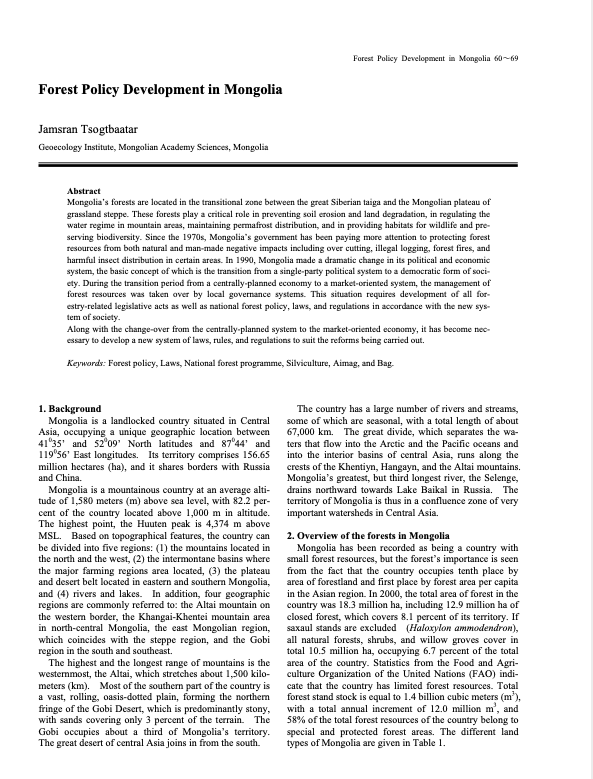Claiming the forest: Punan local histories and recent developments in Bulungan, East Kalimantan
This book focuses primarily on changes that have taken place in the Malinau area in East Kalimantan in recent years. The Punan Malinau, who inhabit the area, are former nomads who subsist on a wide range of forest-oriented activities, including swidden agriculture, hunting and the collection of and trade in forest products. During the past ten years, the arrival of a growing number of powerful outsiders, including NGO's, timber and mining companies, has contributed to increasing competition for land and for various new sources of income.


